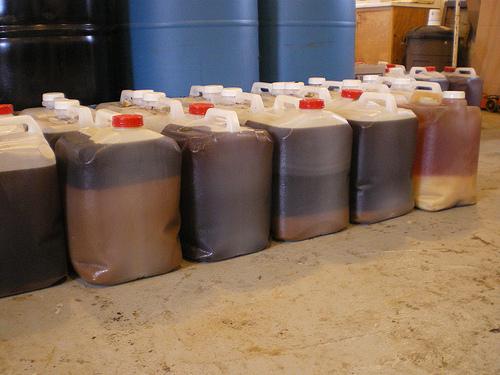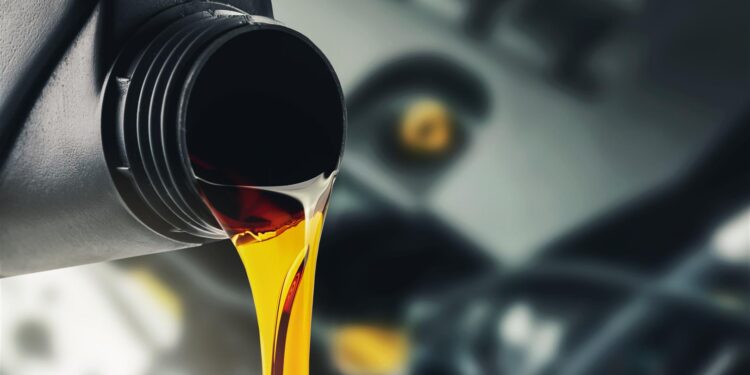Waste oil is oil that was never used as it has been compromised, typically via contamination, and is no longer suitable for the purpose for which it was intended. Waste oil is classified as hazardous waste. Waste oil can include oil spill clean-up, bottom sediment from oil tankers after they have been cleaned out, and oil which has been contaminated by leaking containers, among other things.
Depending on the type of waste oil, it may either contain more impurities or have lost some of its original properties. No amount of recycling or cleaning will ever be able to make waste oil usable again.
In the past, this oil has been utilised and, as a result, it has become contaminated with impurities, which can be either chemical and physical in nature. Used oil can include things like old transmission oil, brake fluid, motor oil, hydraulic oil, and gearbox oil, among other things. Considering that used oil is just a recyclable commodity, it can be stored for future recycling, repurposing or disposal. Used oil is not regarded as a hazardous waste product by the Environmental Protection Agency.
Neither waste oil nor used oil can be recycled or disposed of properly unless they follow the guidelines established by government agencies. This is done in order to avoid illegal dumping or to aid in the protection of the environment.
Waste oil and then used oil should be clearly labelled on airtight tanks and containers to prevent contamination.

Regulations For The Disposal Of Waste Oil & Used Oil Are In Place
Oil that has been used falls under the category of “regulated waste products,” whereas waste oil is classified as a “hazardous waste.” The disposal of waste oil, as a result, carries significantly greater legal ramifications and should be handled in accordance with Dangerous Waste Regulations.
Most motor garages have already used oil on their premises because it is a by-product of their services; however, it is uncommon for them to have waste oil on their premises. Almost all plants have made use of oil, and only a small number will ever generate waste oil.
Waste oil is regarded as a potentially hazardous substance that must be disposed of as quickly and properly as possible. Waste oil should be disposed of and stored in facilities that are licenced and have received the necessary approvals.
Disposal Of Waste Oil
It is necessary to dispose of waste oil properly because it may consist hazardous materials and may even be toxic in nature. It used to be that waste oil was dumped on the ground or in landfills, after the negative environmental impacts became apparent, the above practise was discontinued. There are now significantly more regulations in place regarding a disposal of waste oil.
Waste oil could be disposed of in a variety of ways, but there are numerous restrictions on how it can be disposed of.
Waste oil could be discharged into the a public sewer, this can be tipped into drains on to land, & if you want to burn it, you has a legal licence and a hazardous waste incinerator that is approved by the Environmental Protection Agency.
The most effective way to dispose of waste oil would be to contact a specialist company that is experienced in proper hazardous waste disposal techniques. These businesses employ techniques which do not damage the environment as well as contribute to additional pollution that may endanger human health.







